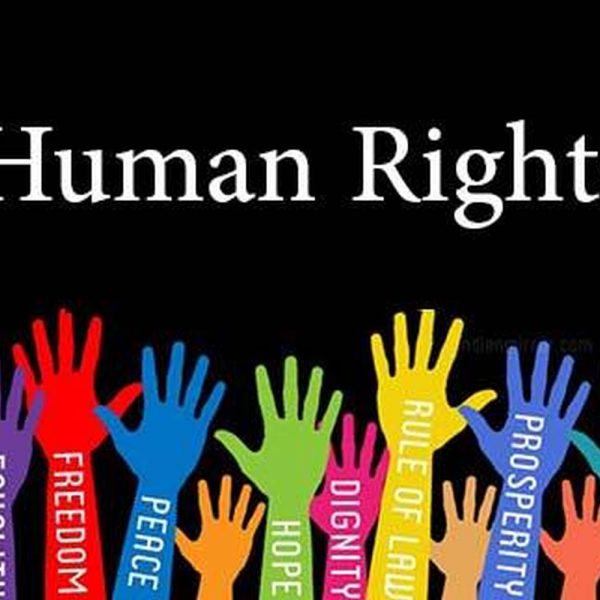
Deadline: 28 February 2016
Open to: everyone who is interest about aspects of Cold War international cooperation, development, Yugoslavia’s global role, or the ‘global’ Cold War from the perspective of the developing world
Venue: 30 September – 1 October 2016 Graz, Austria
Description
For more than forty years, Yugoslavia was one of the most internationalist and outward looking of all socialist countries in Europe, playing leading roles in various trans-national initiatives – principally as central participant within the Non-Aligned Movement – that sought to remake existing geopolitical hierarchies and rethink international relations. Both moral and pragmatic motives often overlapped in its efforts to enhance cooperation between developing nations, propagate peaceful coexistence in a divided world and pioneer a specific non-orthodox form of socialism.
Although the disintegration of socialist Yugoslavia has received extensive treatment across a range of disciplines, the end of Yugoslavia’s global role and the impacts this had both at home and abroad, have received little attention. Coinciding with the 55thanniversary of the Belgrade summit and the foundation of the Non-Aligned Movement, this conference seeks to open up a range of questions relating to the wealth of diplomatic, economic, intellectual and cultural encounters and exchange between 1945 – 1990, both within the Non-Aligned Movement, across the socialist world and with the developed countries.
Eligibility
For this call, papers are accepted from different disciplines and from diverse perspectives, whether dealing with aspects of Cold War international cooperation, development, Yugoslavia’s global role, or the ‘global’ Cold War from the perspective of the developing world and the ‘global South’. Please present your proposals relating in particular to:
- The roots of Yugoslav internationalism and how it was understood in cultural/economic/social as well as political/diplomatic terms;
- The contours of Yugoslav diplomacy and the ways Yugoslav elites conceptualised their global role;
- The role of Yugoslavia in the United Nations, its agencies and other international organisations as the fora for global encounters and in particular the attempts at tackling global inequality and alternative development;
- The relationship between Yugoslavia, the different liberation movements and the newly emerging independent nations in the ‘global South’ (including cultural diplomacy, labour migration, individual travel);
- The realities and challenges of foreign trade, investment construction and economic cooperation;
- The ways international engagements reshaped aspects of political, economic or cultural life back in Yugoslavia;
- The role and significance of the Non-Aligned Movement during the Cold War and today;
- The international impact of the end of Yugoslavia and the collapse of her global role;
- The legacies and new understanding of Yugoslavia’s global role.
Costs
Funding opportunities for travel and accommodation are available, but that potential contributors are asked to also explore funding opportunities at their home institutions.
How to apply?
Abstracts of 300-500 words, together with an accompanying short biographical note should be submitted to Natalie Taylor (N.H.Taylor@exeter.ac.uk) by 28 February 2016.
For more information please visit the official website.


